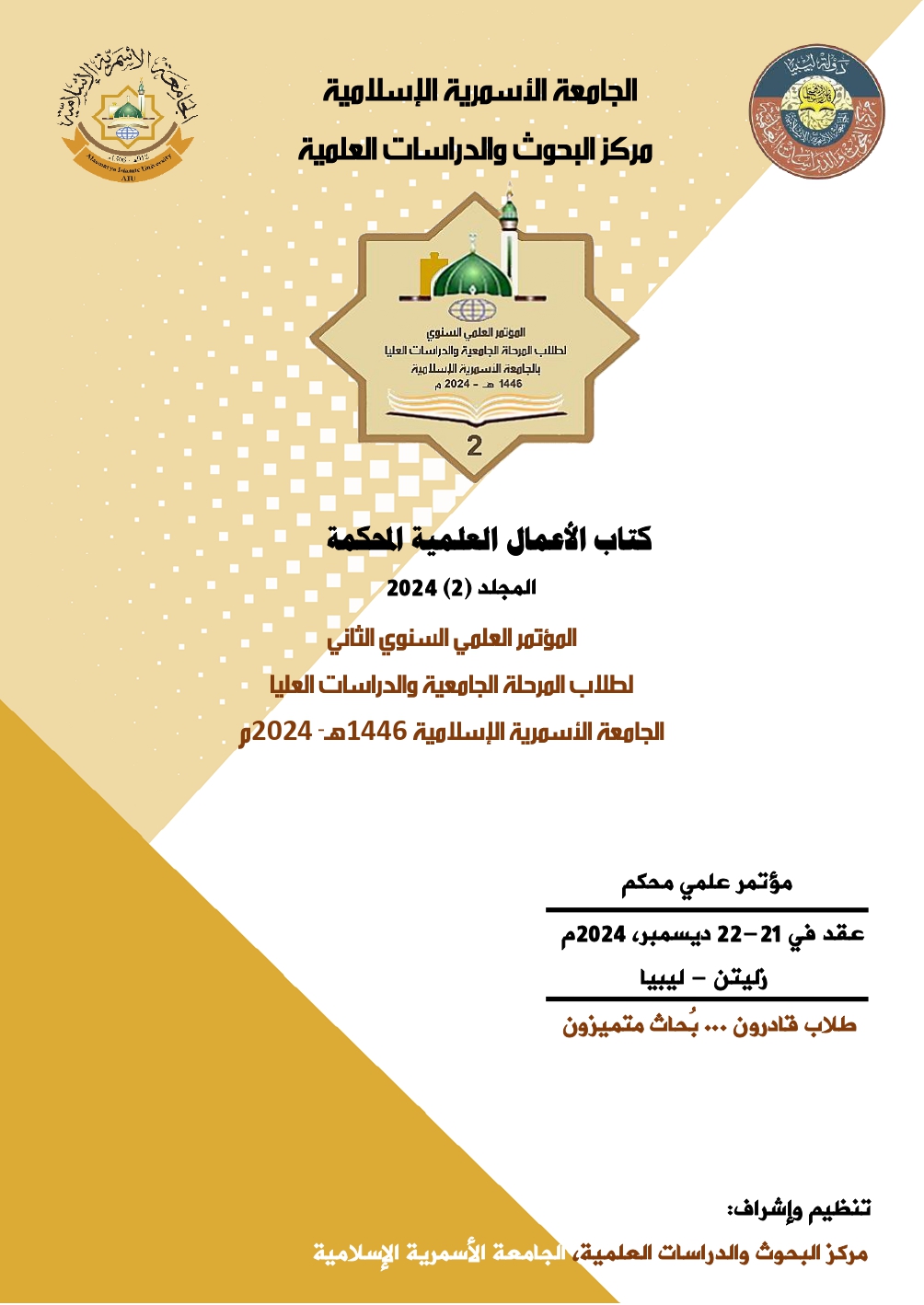The Advantages of Artificial Intelligence Tools in Academic Writing at Higher Education
Keywords:
Artificial intelligence, Writing skills, Higher education, Critical thinking, Creativity, Adaptive learningAbstract
In the rapidly evolving landscape of higher education, the integration of artificial intelligence (AI) tools has the potential to revolutionize the way writing skills are taught and developed. This study investigates the advantages of using AI-driven writing tools, which encompass grammar checkers, style enhancement applications, translation and intelligent writing assistants. These tools provide immediate, personalized feedback, enabling students to refine their writing techniques in real time. The study reveals that AI tools not only enhance the technical aspects of writing—such as grammar, punctuation, and coherence—but also foster critical thinking and creativity by prompting students to engage with their content more deeply. By automating the identification of common writing issues, these tools free up educators to focus on higher-order writing skills, such as argument development and persuasive techniques. Moreover, AI tools cater to diverse learning styles and needs, offering customized support that can help students at different proficiency levels. This adaptive approach helps build confidence and encourages a growth mindset towards writing. This article presents a case study involving 20 female students and 4 lecturers from Alasmarya Islamic University, utilizing quantitative and qualitative data collected through questionnaires, observation, and an experimental study. The findings highlight the importance of integrating AI tools into writing curricula, as they not only improve student outcomes but also prepare learners for the demands of an increasingly digital workplace. Ultimately, the study underscores the transformative potential of AI in writing education, advocating for its broader adoption to enhance student engagement, learning experiences, and overall writing proficiency in higher education settings.
Downloads
References
Adams, J., & Chuah, L. (2022). The impact of artificial intelligence on research writing: Advantages and challenges. Journal of Academic Writing, 15(2), 45-60.
Chai, C. S., Ng, S. T., & W. C. (2020). The use of artificial intelligence tools in enhancing students' writing skills. Educational Technology & Society, 23(4), 1-13.
Dhara, A., Khatri, R., & Dhanjal, P. (2022). Predictive analytics in education: Enhancing student performance through AI. Journal of Educational Technology, 12(1), 75-89.
Gilat, R., & Cole, T. (2023). AI writing tools: Revolutionizing the future of scientific communication. International Journal of Scientific Research, 10(1), 12-25.
Griffiths, J., & Brophy, P. (2005). Student information behaviour: A review of the literature. Information Research, 10(1), 1-20.
He, Z. (2019). The economic impact of artificial intelligence: A comprehensive review. International Journal of Economic Studies, 25(3), 123-145.
Jalal, A., & Pashapour, S. (2022). The impact of AI on writing skills: A review of the current literature. Journal of Educational Technology Systems, 50(2), 221-235.
Kirkup, G., & Kirkup, L. (2017). Artificial intelligence and the future of learning: An overview of the literature. Open Learning: The Journal of Open, Distance and e-Learning, 32(2), 107-118.
Liu, W., Zhang, Y., & Chen, J. (2021). Enhancing critical thinking through AI tools: An educational perspective. Journal of Educational Computing Research, 59(5), 845-862.
McCarthy, J. (2007). What is artificial intelligence? Stanford University. Retrieved from https://plato.stanford.edu/entries/artificial-intelligence/
Nalbant, A. (2021). The role of artificial intelligence in education: Benefits and challenges. Journal of Educational Research, 35(2), 44-56.
Russell, S., & Norvig, P. (2010). Artificial intelligence: A modern approach (3rd ed.). Prentice Hall.
Salem, M. M. M. (2022, December). The influence of Zoom on the teaching process during the COVID-19 pandemic. International Conference Activating Educational Technology and Smart Learning and Teaching in Higher Education, 20-21 December 2022, Faculty of Arts, University of Tripoli, Tripoli, Libya, pp. 210-230.
Downloads
Published
Conference Proceedings Volume
Section
License

This work is licensed under a Creative Commons Attribution-NonCommercial-NoDerivatives 4.0 International License.





